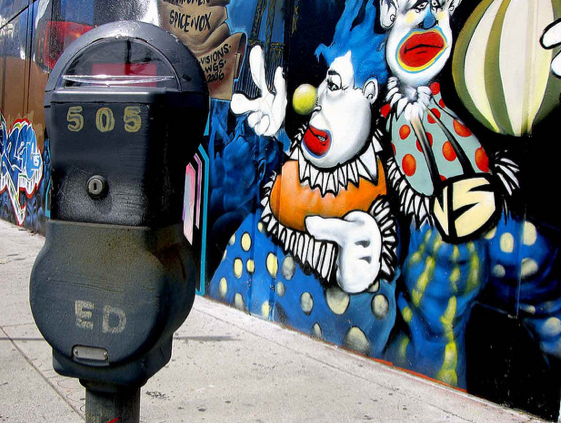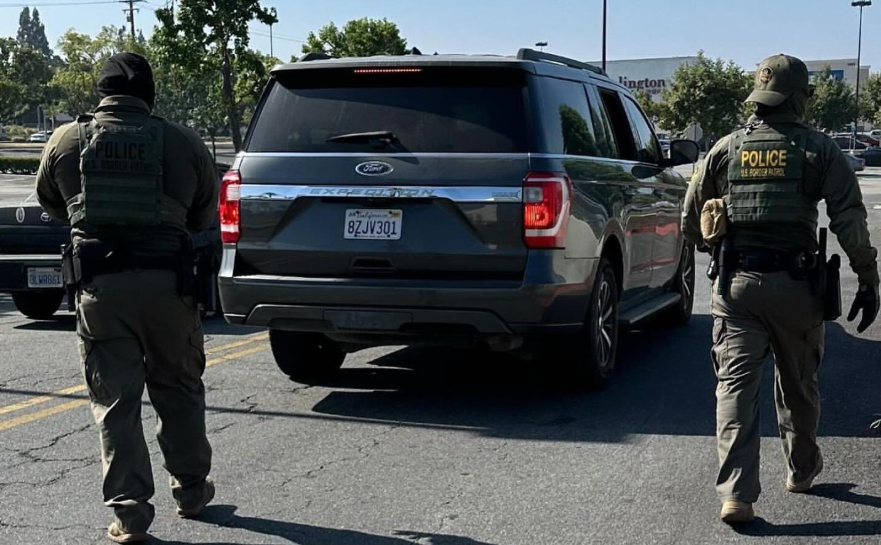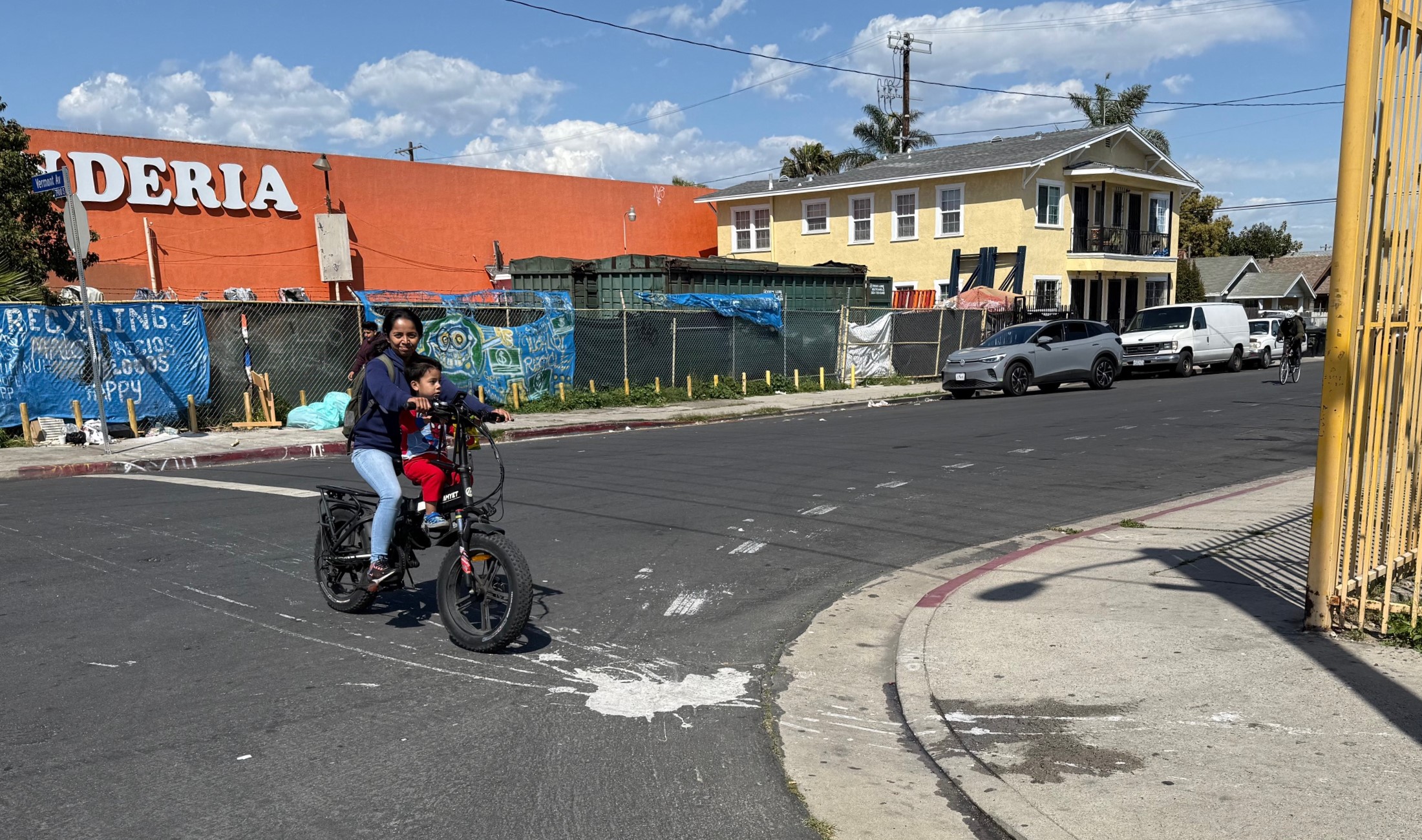With the Mayor's proposal to lease out the maintenance, revenue collection, and profits of the city garages killed by the City Council earlier this year, the city has begun to move forward with other plans to maximize the revenue and efficiency of the city's publicly owned parking spaces and lots.
On Monday, the City Council held a joint hearing of its Transportation and Budget & Finance Committee to discuss how to move forward with a parking plan that will help the city close its budget deficit and manage and maintain its parking facilities. The Mayor's office confirmed to Streetsblog that at this time there are no plans to move forward with any more leasing or privatization plans, although the city is looking to renew its contract with the current operators for its public parking structures.
Councilman Tom LaBonge made the case that parking and congestion are the most important issues that the Council deals with:
"How many people have been effected by crime in the last year? I see two hands. How many have been impacted by traffic and parking in the last 24 hours? Everyone is raising their hands."
The LADOT released its plans for future improvements to the city's parking infrastructure in a annually updated five-year plan at the committee. The press focused on a plan to continue to double the number of "smart meters" which accept credit cards and can handle higher parking fees from 10,000 to 20,000 in the next year. The city estimates that it will yield an additional $9 million in revenue in addition to the $50 million brought in last year.
All revenue generated by the city's parking program is put into maintenance and expansion of facilities and then what's left is transferred to the general fund. One of the basic tenants of UCLA economics professor (and parking rock star) Donald Shoup is that funds generated by parking meters and garages should be reinvested in the communities where the parking is located. While the city hasn't seriously discussed following this model, at least one Councilman expressed some interest. The Daily News quotes Westside Councilman Bill Rosendahl:
"My question is how can we get more revenue out of these parking meters," Councilman Bill Rosendahl said. "And, if we do, we should make sure the areas where it is generated also benefits from parking."
The city also wishes to expand its ExpressPark program, a pilot program in congestion parking for the Downtown which uses variable meter technology to set parking meter prices based on demand. In a very Shoupian dynamic, the meter rates are supposed to insure that there will almost always be an open space for people looking to park at the street level and maximize revenue at the same time. The cost to implement this program was $18.5 million, with $15 million coming from the federal government.
We should note that under ExpressPark, it is not uncommon for meter rates to be set at below what the rate was before the "congestion parking" went into effect. Donald Shoup, whose theories and studies on parking policy have been the basis for ExpressPark and other programs, has documented plenty of places in Los Angeles where street parking is priced too high and motorists choose to park in neighborhoods instead. Under a city-wide ExpressPark system, the cost of these meters would be reduced.
At this point, LADOT is not reccomending, and there was little enthusiasm from the Council Members present, to expand the program beyond the Downtown. Throughout the 2011-2012 fiscal year, the city will monitor the success and challenges of the program Downtown. If the program is deemed successful, DOT will proposeto expand the program, including the development of a Central Management System so the city can manage a larger, city-wide, system on its own.
Other issues that were addressed included the need to hire more people to maintain monitor the parking areas, as city staff estimate that each person in charge of enforcing parking laws actually provides a net revenue increase to the city and adding 1,500 new meters to loading zones and other areas identified in studies and also have community support. Staff mentioned the area surrounding Cal-State Northridge, in the 12th Council-manic District represented by Greig Smith.







